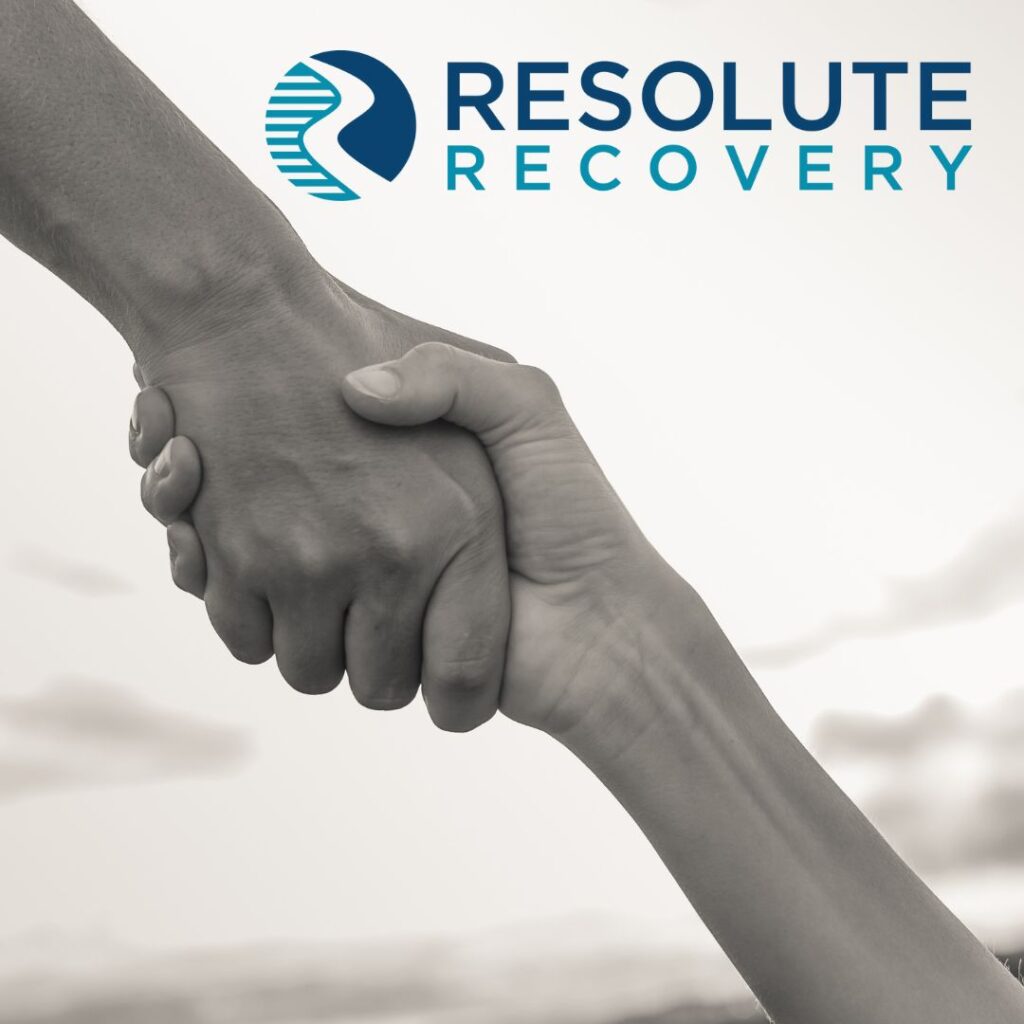Understanding Long-Term Sobriety

Long-term sobriety is more than just not using substances. It involves a complete change in lifestyle and is a continuous process of personal growth, self-discovery, and healing that usually starts after the first year of recovery.
Key Elements of Long-Term Sobriety:
- Daily commitment to maintaining a substance-free lifestyle
- Active engagement in recovery practices
- Development of healthy coping mechanisms
- Regular participation in support groups or therapy
- Building meaningful relationships with sober individuals
The journey towards long-term sobriety requires strong commitment. Every day, you must make deliberate decisions to prioritize your recovery, even when you encounter difficult situations or triggers. This dedication includes:
- Creating structured daily routines
- Setting clear boundaries in relationships
- Practicing consistent self-care
- Developing new hobbies and interests
- Building a strong support network
Here in Peabody, MA, you’ll find numerous resources to support your long-term recovery journey. From local support groups to sober living communities, these resources provide the foundation needed to maintain lasting sobriety.
Remember: long-term sobriety isn’t just about avoiding substances – it’s about creating a fulfilling life where substances no longer control your choices and well-being.
The Benefits of Long-Term Sobriety
Embracing long-term sobriety transforms your life in profound ways. Your body begins to heal and restore itself, creating a foundation for lasting health improvements:
Physical Health Benefits
- Improved liver function and reduced risk of liver disease
- Better sleep quality and natural sleep patterns
- Strengthened immune system
- Balanced blood sugar levels
- Healthier skin complexion
- Stabilized weight management
Mental Clarity and Emotional Balance
- Sharper memory and cognitive function
- Reduced anxiety and depression symptoms
- Enhanced decision-making abilities
- Stable mood patterns
- Increased self-awareness
- Better stress management
Life Quality Improvements
- Stronger relationships with family and friends
- Enhanced work performance
- Financial stability
- Clear sense of purpose
- Authentic connections with others
- Increased self-respect
Your brain chemistry rebalances during sobriety, leading to natural dopamine production and genuine happiness. You’ll discover new interests and hobbies that bring real satisfaction. The energy previously spent on substance use redirects into personal growth, career advancement, and meaningful relationships. These benefits compound over time, creating a positive cycle of growth and achievement in your recovery journey.
Building a Support System for Long-Term Sobriety

A strong support system is essential for maintaining long-term sobriety. It serves as your foundation and provides the encouragement and understanding you need on your journey to recovery. Our support groups in Peabody MA offer a safe space to connect with others who share similar experiences and can relate to what you’re going through.
Key Components of a Strong Support System:
- Trusted family members and friends
- Professional counselors or therapists
- Local support group meetings
- Sober companions
- Recovery coaches
Identifying and Managing Triggers
Triggers are people, places, or things that can lead to cravings and potentially result in relapse. It’s crucial to identify your personal triggers and develop strategies to manage them effectively. This requires being aware of your surroundings, emotions, and physical sensations. For instance, coping with triggers involves understanding both environmental and emotional aspects.
Common Triggers:
- Environmental Triggers: Specific locations, social situations, time of day or year
- Emotional Triggers: Stress, loneliness, relationship conflicts
- Physical Triggers: Fatigue, hunger, pain
Proactive Relapse Prevention Strategies
In addition to identifying triggers, it’s important to have proactive strategies in place to prevent relapse. These strategies should be tailored to your individual needs and preferences.
- Create a daily routine that prioritizes recovery
- Keep a trigger journal to track patterns
- Develop healthy coping mechanisms
- Build strong boundaries in relationships
- Practice stress management techniques
- Maintain regular contact with your support network
The Role of Your Support System
Your support system plays a vital role in both challenging moments and times of celebration. They can provide guidance when you’re facing difficulties and offer praise when you achieve milestones.
Regular participation in support groups reinforces your commitment to sobriety while also equipping you with practical tools for long-term success.
The Role of Peer Support in Sustaining Long-Term Recovery
Peer support is crucial for maintaining long-term sobriety. It allows individuals to connect with others who have gone through similar experiences, providing them with valuable insights and strategies that can’t be found in books.
Key Benefits of Peer Support:
- Understanding and empathy through shared experiences
- Practical advice and coping skills from personal journeys
- Accountability partnerships for staying on track
- Constant support through group networks
- Decreased feelings of loneliness and shame
Your mental health flourishes in a supportive environment. Studies indicate that people involved in peer support groups have lower levels of anxiety and depression. When you receive validation and understanding from peers who have faced similar challenges, it helps normalize your own struggles.
Opportunities for Connection in Peabody
In Peabody, there are various ways to connect with others through peer support:
- Regular group meetings
- One-on-one mentorship programs
- Social activities and sober events
- Online support communities
- Alumni networks
These connections not only build emotional strength but also equip individuals with practical tools for maintaining sobriety. Being surrounded by peers who understand your journey acts as a protective barrier against potential triggers and setbacks. The shared commitment to staying sober reinforces healthy choices during difficult times.
Moreover, the effectiveness of these support systems extends beyond just substance abuse recovery. For instance, support groups for gambling addiction have shown significant positive outcomes as well. Such evidence underscores the universal applicability of peer support across various types of addiction.
Furthermore, research has demonstrated that the role of peer support in recovery is not just about sharing experiences but also about fostering an environment where individuals can openly discuss their challenges without fear of judgment, thereby promoting overall mental well-being.
If you want help building a support system in sobriety, reach out today: https://resoluterecovery.com/contact/
Coping Skills, Self-Care, and Celebrating Milestones in Long-Term Recovery
Your recovery journey requires a robust set of coping skills to handle life’s challenges without turning to substances. Here are essential strategies you can implement:
Healthy Coping Mechanisms:
- Practice deep breathing exercises during stressful moments
- Use mindfulness meditation to stay present
- Journal your thoughts and feelings
- Engage in physical exercise to release tension
- Apply the HALT method (Hungry, Angry, Lonely, Tired)
Self-Care Routines That Work:
Implementing effective self-care practices can significantly enhance your recovery. Consider the following:
- Maintain regular sleep patterns
- Create a balanced nutrition plan
- Schedule time for hobbies and activities you enjoy
- Set boundaries in relationships
- Practice daily gratitude
Celebrating Recovery Milestones:
Your recovery achievements deserve recognition – both big and small. Consider these meaningful ways to acknowledge your progress:
- Create a sobriety jar with milestone tokens
- Share your success with your support group
- Plan special activities for sobriety anniversaries
- Keep a recovery calendar to track your progress
- Write letters to yourself at different milestones
Remember to customize these strategies to fit your personal needs and lifestyle. Each small step builds resilience and strengthens your commitment to long-term sobriety. These tools become more natural with practice, forming a solid foundation for your continued recovery journey.
Ongoing Support in Your Journey Towards Sustained Long-Term Sobriety

Your path to long-term sobriety doesn’t have to be a solitary journey. At Resolute Recovery, we offer specialized programs designed to support your unique recovery needs:
- Personalized Treatment Plans: Our experienced team creates tailored recovery strategies that adapt to your progress.
- Group Therapy Sessions: Connect with peers who understand your experiences.
- Family Support Programs: Rebuild and strengthen relationships with loved ones.
- Aftercare Planning: Develop sustainable strategies for maintaining sobriety, which is an essential part of preventing relapse.
One key aspect of our aftercare planning involves helping you build a sober social network that supports your recovery journey.
Ready to take the next step? Join our thriving recovery community in Peabody. You’ll find understanding, support, and the tools needed for lasting sobriety.
Contact us today to learn how we can support your recovery journey or join our weekly community meetings to connect with others on similar paths.
FAQs (Frequently Asked Questions)
What is the definition of long-term sobriety and why is dedication important?
Long-term sobriety refers to maintaining abstinence from substances over an extended period, emphasizing the importance of dedication and commitment to sustain recovery successfully.
What are the key benefits of achieving long-term sobriety?
Long-term sobriety offers numerous benefits including improved physical health outcomes, enhanced mental clarity, better emotional regulation, and a positive impact on overall quality of life.
How can I build a strong support system to maintain sobriety in Peabody, MA?
Building a strong support system involves connecting with local sobriety support groups in Peabody, identifying and managing personal triggers, and employing relapse prevention strategies to maintain long-term recovery.
What role does peer support play in sustaining long-term recovery?
Peer support provides essential emotional encouragement and shared experiences that enhance mental health and overall well-being, making it a vital component in sustaining long-term sobriety.
Which coping skills and self-care routines are essential during long-term recovery?
Essential coping skills include stress management and trigger identification, while self-care routines focus on maintaining physical health and emotional balance. Celebrating milestones also plays a significant role in motivating continued sobriety.
How can Resolute Recovery help me sustain my journey towards long-term sobriety in Peabody?
Resolute Recovery offers comprehensive programs and services designed to support sustained long-term sobriety. Engaging with their recovery community in Peabody provides ongoing support, resources, and encouragement throughout your recovery journey.





